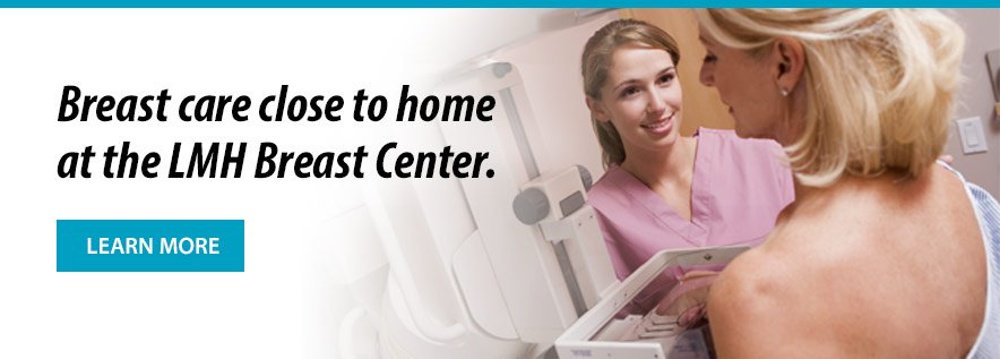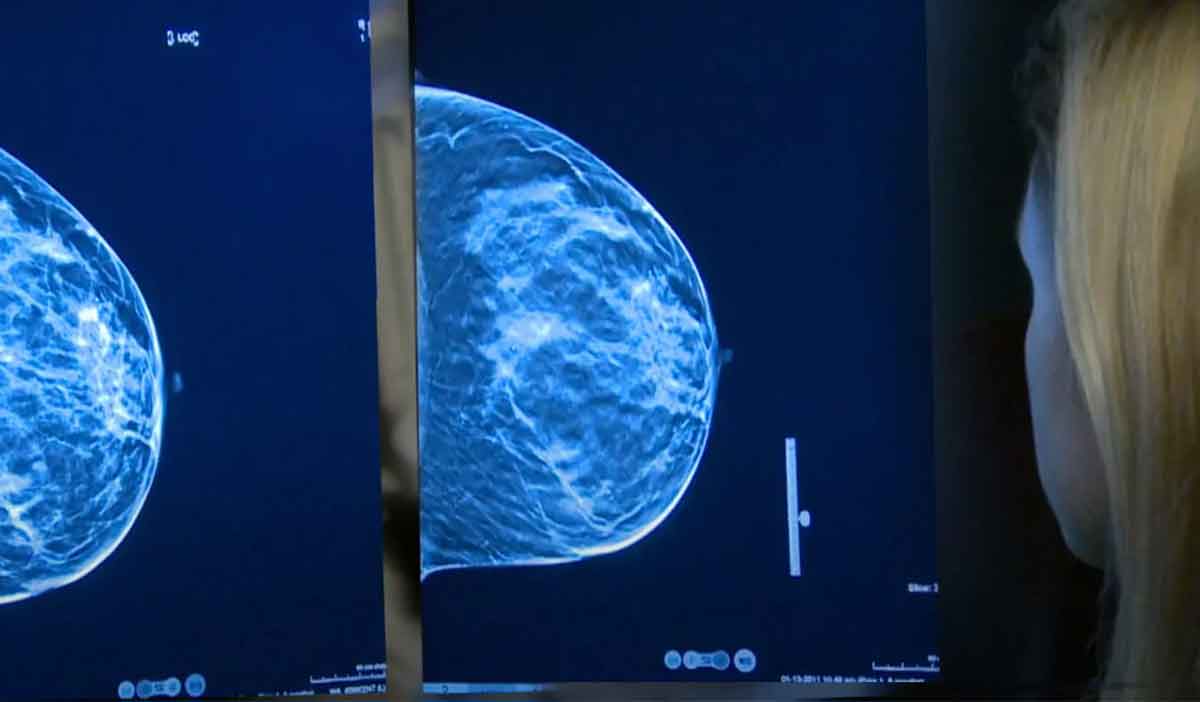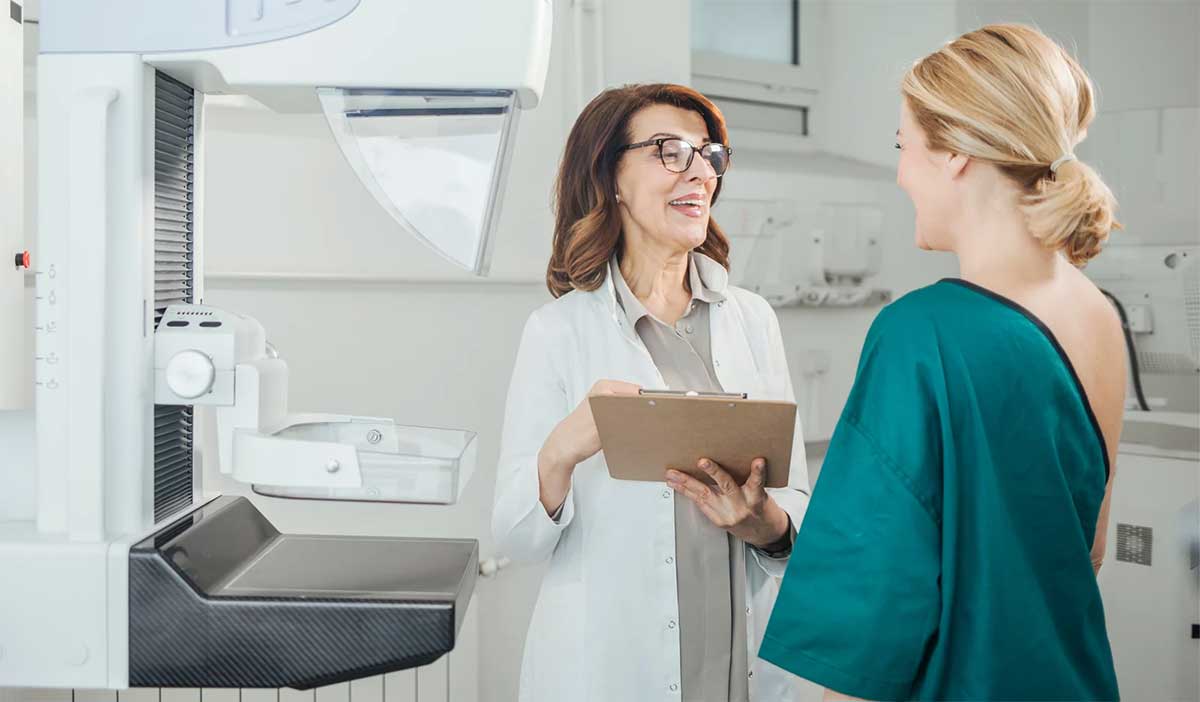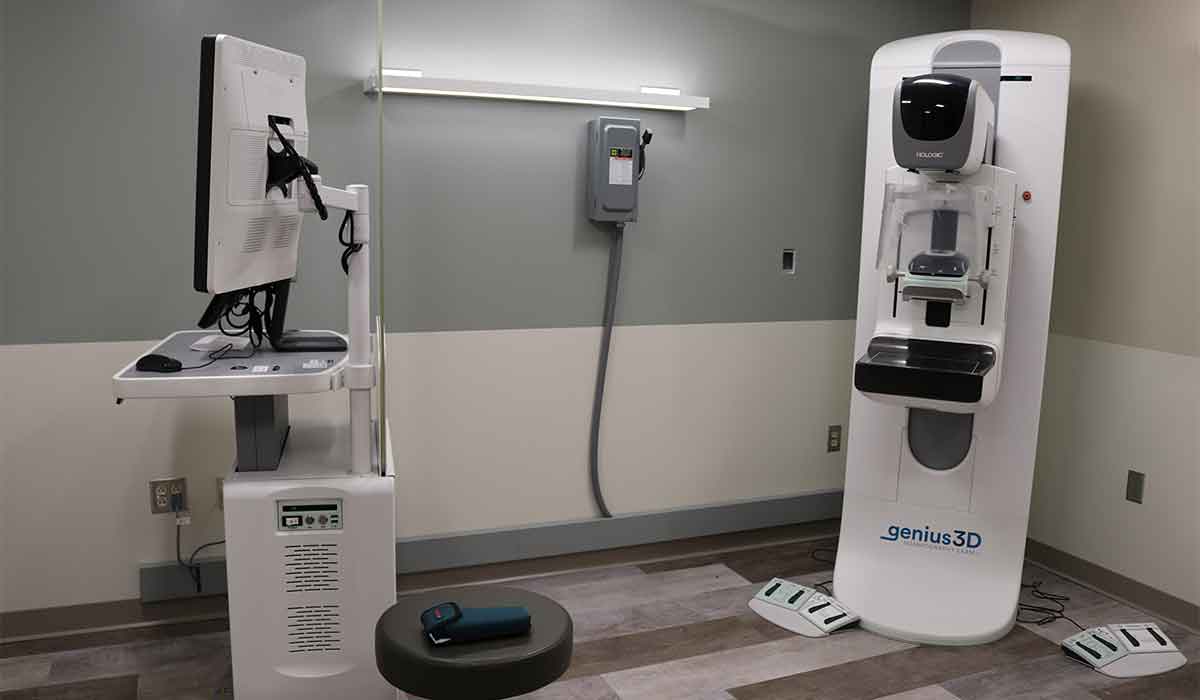Mammograms are an important part of women's health care and yet they are also one of the most misunderstood. Unfortunate, many women skip this screening tool because they don't understand its importance. Some women don't schedule a mammogram out of fear. Others because they don't think it is important of they aren't in the breast cancer high risk category. Some women skip the test because they are concerned with costs.
.jpg?width=1000&name=ThinkstockPhotos-506670649%20(Edit).jpg)
Here at Logansport Memorial Hospital, we want all women to understand the importance of mammograms and have access to this vital screening tool. Read to learn answers to the most common questions about mammograms and learn how to schedule your test.
What is a mammogram?
Mammograms are diagnostic or screening, low-dose X-rays that examine the breast for early detection of breast cancer, typically through detection of characteristic masses or lumps. Mammograms can find breast lumps when they are too small for a woman or her doctor to feel. Perhaps the most important thing to know about mammograms is this: Mammograms save lives.
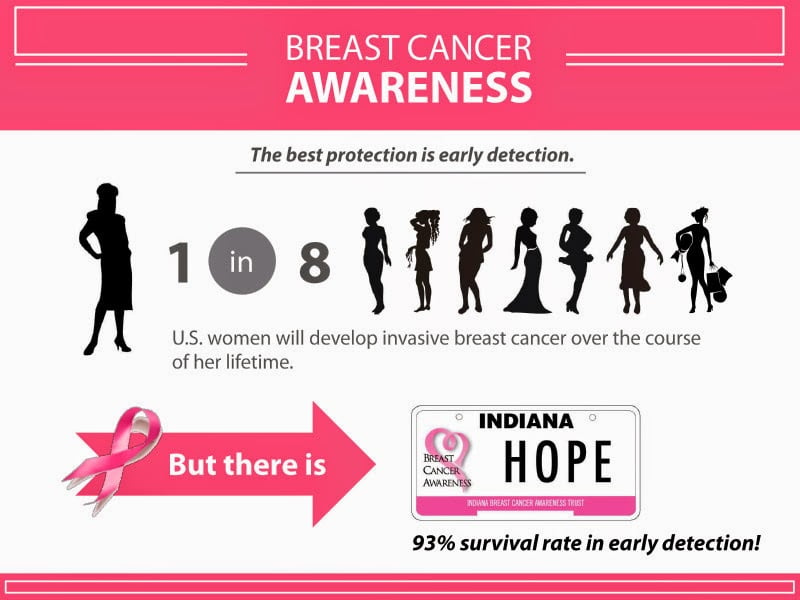
When should I start getting regular mammograms?
The American Cancer Society recommends that women age 40 and older should have a mammogram every year and should continue to do so for as long as they are in good health.
Women who are at high risk for breast cancer should get annual mammograms before age 30 at the recommendation of their doctor. Who is at high risk? Women who:
- Have a lifetime risk of breast cancer of about 20% to 25 % or greater, according to risk assessment tools that are based mainly on family history (such as the Claus model - see below)
- Have a known BRCA1 or BRCA2 gene mutation
- Have a first-degree relative )parent, brother, sister, or child) with a BRCA1 or BRCA2 gene mutation, and have not had genetic testing themselves
- Had radiation therapy to the chest when they were between the ages of 10 and 30 years
- Have Li-Fraumeni syndrome, Cowden syndrome, or Bannayan-Riley-Ruvalcaba syndrome, or have first degree relatives with one of these syndromes
Source: American Cancer Society
I've heard a mammogram is not foolproof. Is this true?
Study after study has proven that regular mammograms are a very effective tool at finding cancer early. However, as with any screening tool, they do have limitations. A mammogram can miss some cancers, and it may lead to follow up of findings that are not cancer. Despite these limitations, mammograms are still a valuable tool for decreasing suffering and death from breast cancer.
What happens during a mammogram?
You will need to take off your shirt and bra. You will stand in front of a specialized x-ray machine. The technician will place your breast on a small platform. A clear plastic plate presses down on the breast for a few seconds. Some women say they pressure feels uncomfortable but most don't find it painful. The technician will take several pictures of the breast. The images are then sent to specialist for analysis and review. The specialist will also compare your mammogram to previous mammograms to see if there have been any changes. Typically results are sent within 30 days of the mammogram.
How do I schedule a mammogram?
You will need an order from your doctor to schedule a mammogram. Once you have a physician's order, you can schedule your mammogram at our Breast Center: (574)753-1488
Don't have a physician?
Call to schedule an appointment with one of our providers: (574)722-3566
Uninsured? You may qualify for a free mammogram.
We provide free mammograms to uninsured Cass County Women over 40 through a grant from the Indiana Breast Cancer Awareness Trust. The Logansport Memorial Hospital Foundation has also been a key partner in providing additional funds for these mammograms. If you have any questions about this opportunity or would like to know more about it, please call Mammography Coordinator Teresa Franklin at (574) 753-2177.

